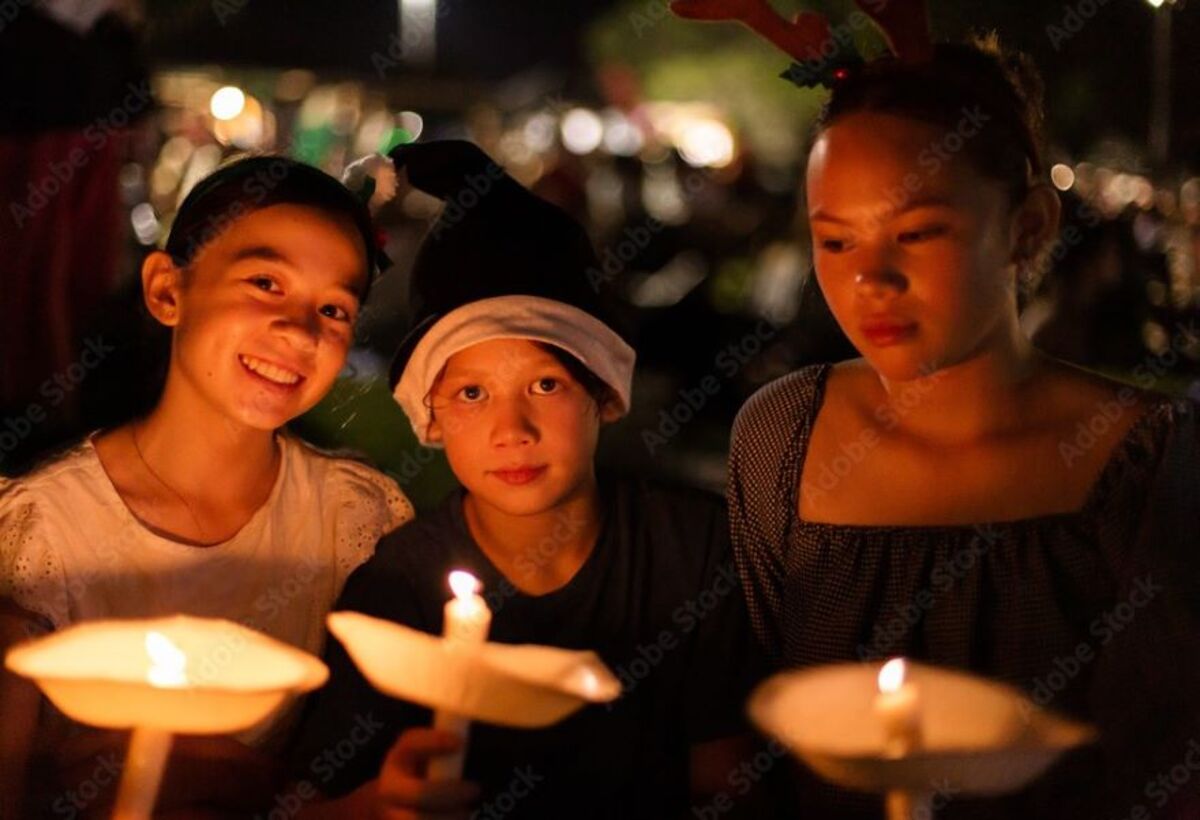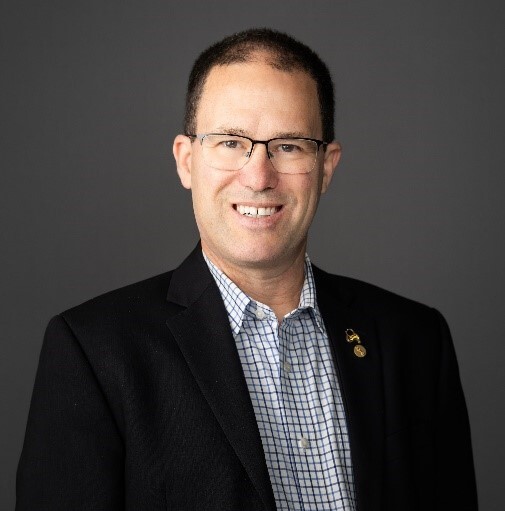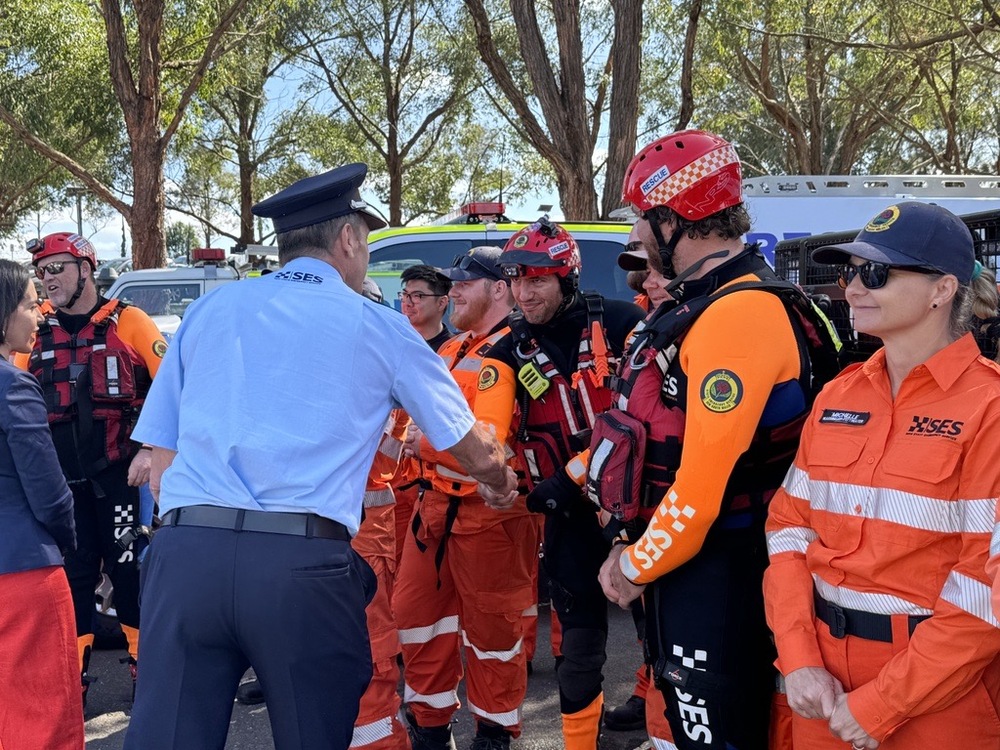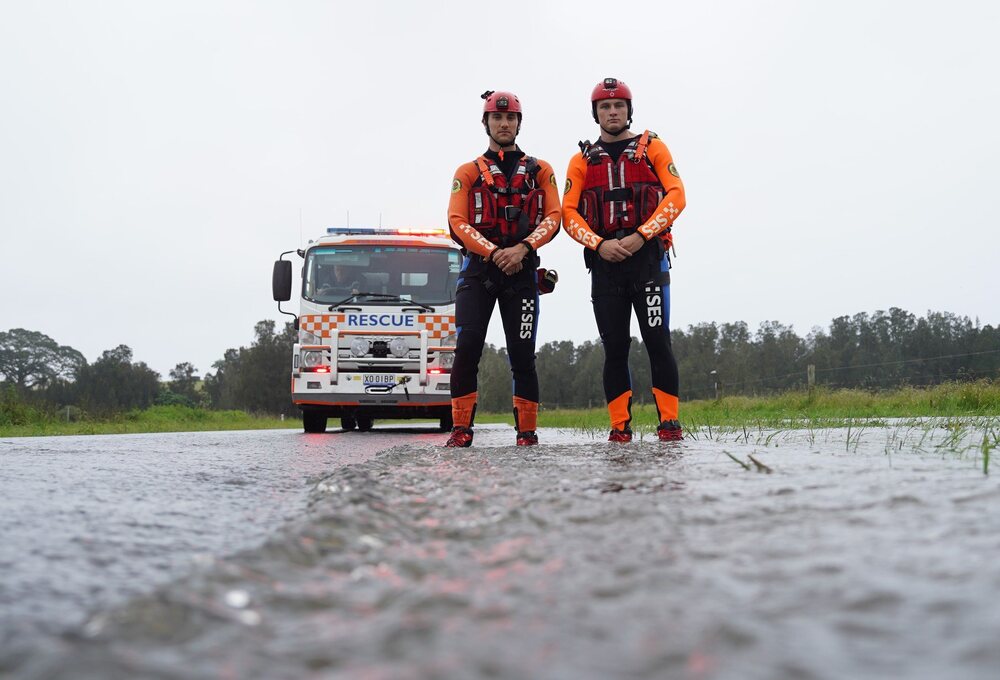Temperatures set to climb over Christmas
Paula Doran
24 December 2024, 1:40 AM

As most of the Western Plains prepares for high temperatures over the Christmas break, community leaders are urging residents and travellers alike to play it safe.
Across the region, the temperatures are expected to exceed 40 degrees in coming days, with Bourke forecast for 41 on Boxing Day, Coonamble 37, Cobar 40 and Nyngan 39.
While there are still minor flood warnings along in the north-west of the region, the hot winds are expected to dry out those areas still under observation.
The Rural Doctors Association of Australia (RDAA) is warning community members to be aware of heat stroke and make sure they don’t push it too hard as the mercury rises.
And they urge those seeking to cool off in inland rivers, dams and lakes, to take extra care this festive season.
“Part of what makes Christmas and New Year unique in Australia are those long summer days, whether we spend them at the coast, down at the local river, or around the house or farm” RDAA President, Dr RT Lewandowski said.

RDAA President, Dr RT Lewandowski.
“But as the temperatures rise, we need to ensure we are staying well hydrated by drinking plenty of water, applying sun protection like broad-brimmed hats and sunscreen, and staying out of direct sunlight and radiant heat so we don’t end up needing to be treated in hospital for heat exhaustion or heat stroke.
“While we know that farmwork (and lots of other rural work) doesn’t stop over the summer holidays, it is best not to keep working outside in the middle of a scorching summer day – look to work in the early morning and then late in the afternoon and evening, and have the middle of the day off,” Dr Lewandowski said.
Understand the risks when you’re travelling
Meanwhile, those travelling this Christmas are being urged to assess the risks and plan ahead.
NSW SES Commissioner, Mike Wassing AFSM said it was crucial for people to understand the risks before they travel into inland regions, have an emergency plan and know where to find information during an emergency.
“While the current outlook for the Christmas period is for settled weather conditions with sunny days, the risk of severe storms is ever present,” Commissioner Wassing said.
“Storms can occur year-round, but the risk is higher during the summer months. We have already seen in recent weeks the destruction that storms can cause across NSW, including flash flooding and flood rescues.
“Storm season occurs from October to March each year and increases the likelihood of strong winds, heavy rain, and flooding, which can damage homes, cars, and put lives at risk.”
Commissioner Wassing urged travellers to download the Hazards Near Me app and set up watch zones for the locations they’re travelling to.

“It is just as important to be prepared and have a plan while on holidays,” he said.
“You can set up watch zones very easily and be warned of any severe weather or flooding impacts. You should also check Live Traffic before driving to ensure you know the roads are open and passable.”
The NSW SES has been actively managing minor flooding in the state’s north-west on the Barwon, Warrego and Paroo Rivers for several weeks, which has led to a number of local road closures.
“What this means is, if we see more heavy rain in those areas, it could lead to both riverine flooding and flash flooding,” Commissioner Wassing said.
“The ground will be more responsive to rain so we could see very quick rises, so I would urge people to avoid camping along creeks and rivers during periods of heavy rain.
“If you come across a flooded road, please do not place yourself and your family at risk. Turn around and find an alternative route. Never drive through flood waters.”

Commissioner Wassing said NSW SES volunteers across the state would remain alert for any issues. “Our team of 11,000 plus volunteers are ready to assist, but we ask the community to make their lives easier this summer period by being prepared,” he said.
For assistance during floods, storm and tsunami call the NSW SES on 132 500, or for life threatening situations contact Triple Zero (000).